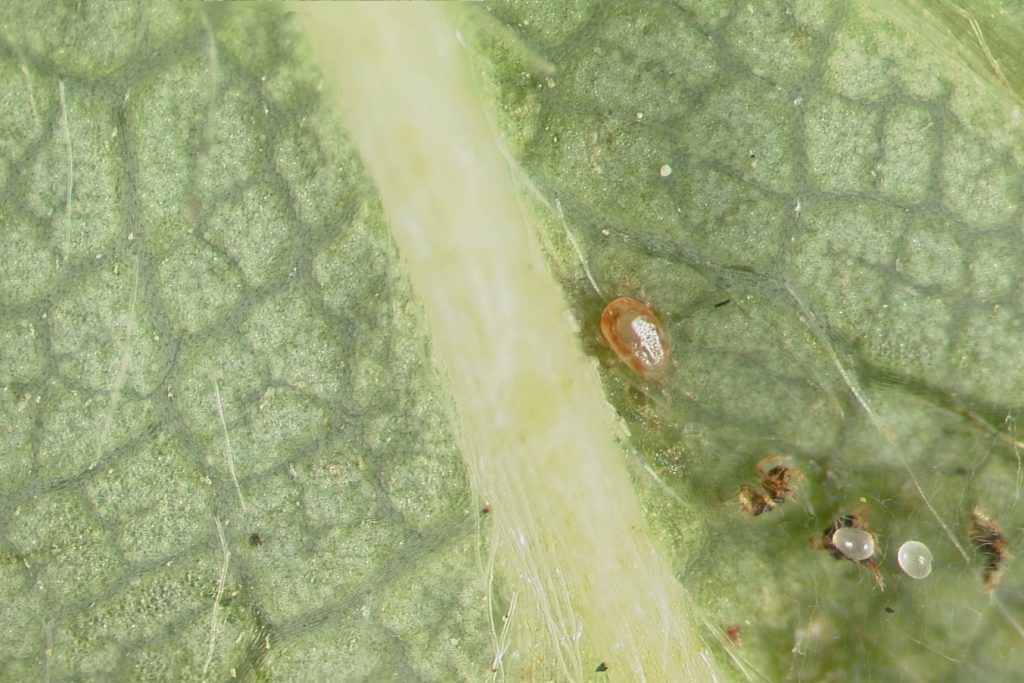
Artificial intelligence (AI) maybe the secret weapon in strawberry farmers’ fight against the twospotted spider mite.
University of Florida scientists have developed a smartphone application to detect the annual pest of Florida strawberries. If farmers could detect the pest quicker, they could utilize lower levels of chemicals that could otherwise harm the environment.
For Example
For a 50-acre farm, every time the grower does not spray, it reduces production costs by $4,000 to $5,000, depending on the chemicals being used. This leads to environmental benefits as well.
“The twospotted spider mite is one of the major pest problems in strawberry production, and its manual detection is labor-intensive and time-consuming,” said Daniel Lee, the lead researcher on the project that is funded by a $491,000 grant received in 2019 from the National Institute of Food and Agriculture. “Since everybody has a smartphone, we thought we could develop an automated way to detect twospotted spider mites, using a smartphone and artificial intelligence.”
Needs Refining
UF/IFAS researchers are still fine-tuning the technology that is still two to three years from being implemented by farmers, according to Lee.
If a smartphone can identify mites, farmers will magnify the images as they take pictures of the strawberry leaves. Producers will then label the images to train deep learning networks, a form of AI, to recognize the mites. Once the networks are trained, they can be used to identify the pests.
Additionally, because every smartphone has a different camera and computing capabilities, scientists are thinking about creating a “detection box” that would consist of an independent camera and computing board, instead of a smartphone, Lee said.
Twospotted spider mites are a destructive pest, causing between $28 million and $34 million of damage to Florida crops every year, said Oscar Liburd, a UF/IFAS professor of entomology and co-investigator on Lee’s research team.
“The ability to do surveillance on the twospotted spider mite population, using smartphone technology, will improve monitoring efficiency,” Liburd said. “The use of smartphones will significantly reduce the frequency of sprays since growers will only be spraying when mites are present.”









